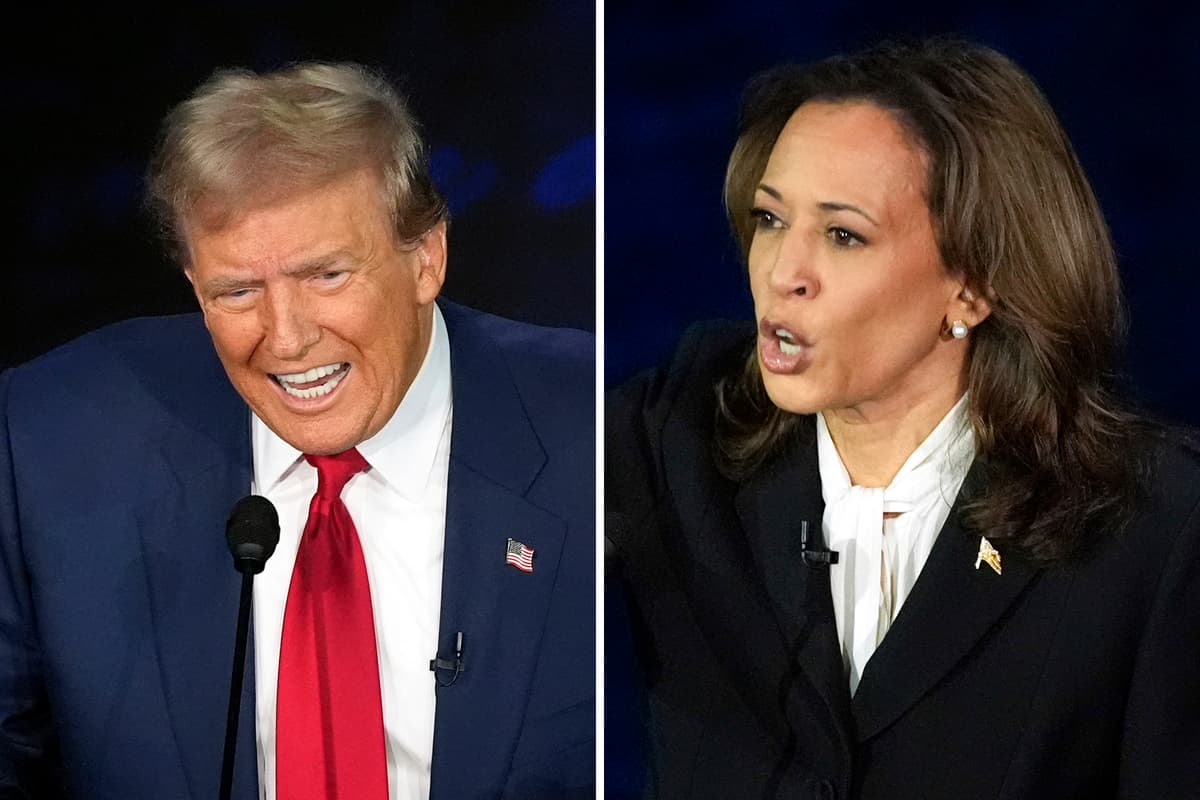More Than 50 Percent of Americans Say They Are ‘Worse Off’ Now Than They Were Four Years Ago
Gallup says the statistic is ‘one of the worst election-year readings.’

A Gallup poll released on Friday found that 52 percent of Americans say they are not better off now than they were four years ago, the highest percentage of respondents who answered that way since 1992.
The polling firm notes that this is a “higher-than-usual percent of U.S. adults who say they are worse off.” It attributes the uptick to “Republicans’ much greater likelihood to say this than opponents of the incumbent’s party had been in prior election years.”
A login link has been sent to
Enter your email to read this article.
Get 2 free articles when you subscribe.

